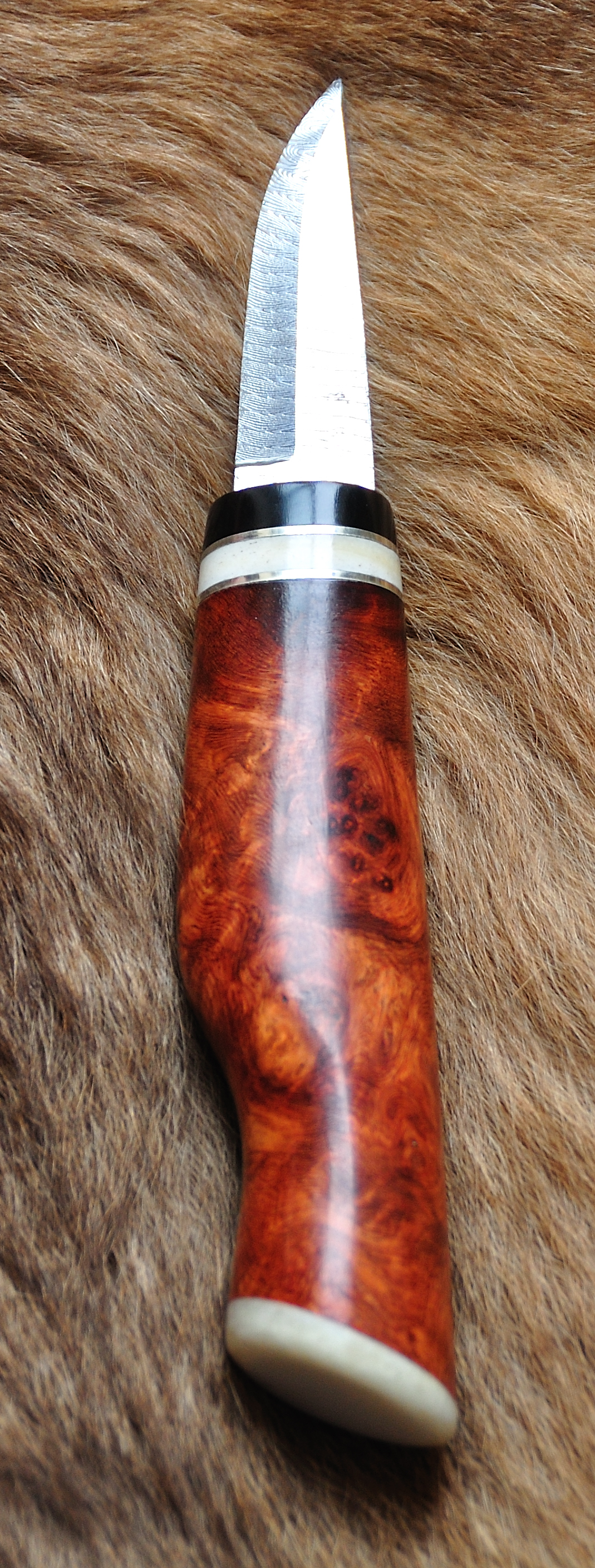Hi all....I hoping that someone might be able to help me. I`ve recently set about stabilising my own blanks for various projects I`m working on and so far haven't really had much joy in finding a UK product designed for the job at hand. I know over in the states they use a product called "cactus juice" which is a heat curing resin with a very low viscosity...miniwax being another they use but does anyone here have any experience on the matter. I`m currently trying out a wet rot wood hardener by Ronseal....with little joy I might add. I do use a vacuum chamber...although I don't currently have a Perspex top so as to see when its stopped bubbling because I`m using my pressure pot untill I have some stores arrive to make one. However... I leave the blank in vacuum for a good few hours so as to be sure all the air has been sucked out and then pressure the pot up to about 2.5 bar to help infuse the hardener and again I leave this for a couple of hours and then leave to dry.
Any help would be greatly appreciated guys so thanks in advance
Any help would be greatly appreciated guys so thanks in advance

